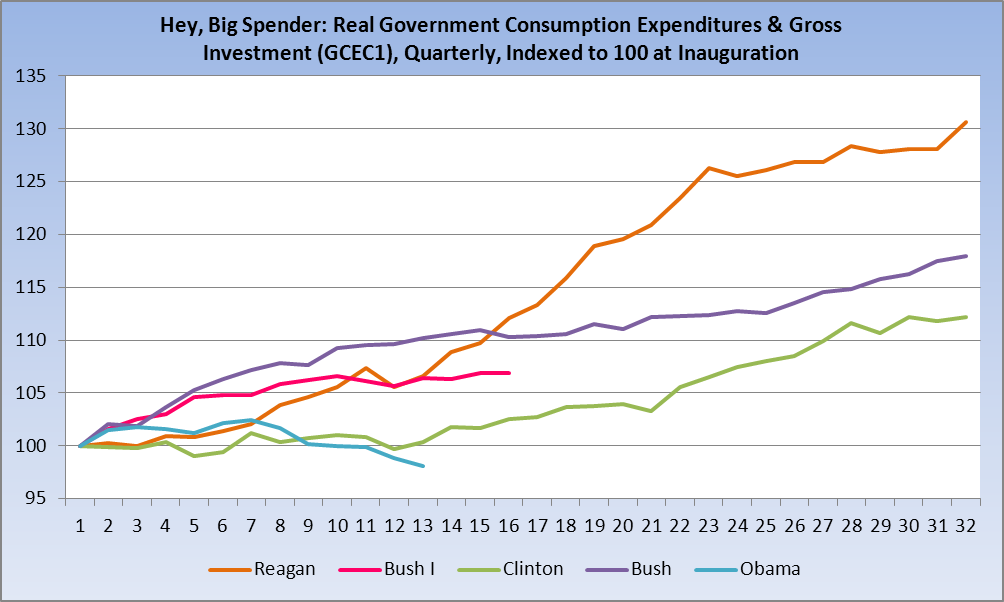 luke warm, on 2012-April-20, 15:45, said:
luke warm, on 2012-April-20, 15:45, said:
Same here. Same result.
And no problem with those who don't join the boycott...

Posted 2012-April-20, 16:22
 luke warm, on 2012-April-20, 15:45, said:
luke warm, on 2012-April-20, 15:45, said:

Posted 2012-April-20, 18:29

Posted 2012-April-21, 09:03
 mike777, on 2012-April-20, 18:29, said:
mike777, on 2012-April-20, 18:29, said:
Quote

Posted 2012-April-21, 09:14

Posted 2012-April-21, 10:39
Quote

Posted 2012-April-21, 10:43

Posted 2012-April-21, 11:51
 kenberg, on 2012-April-21, 10:43, said:
kenberg, on 2012-April-21, 10:43, said:

Posted 2012-April-21, 12:59
 mike777, on 2012-April-21, 11:51, said:
mike777, on 2012-April-21, 11:51, said:

Posted 2012-April-21, 17:31
Quote

Posted 2012-April-23, 00:03
 mike777, on 2012-April-21, 11:51, said:
mike777, on 2012-April-21, 11:51, said:

Posted 2012-April-23, 04:29

Posted 2012-April-23, 06:25
Quote

Posted 2012-April-23, 06:53

Posted 2012-April-23, 07:38
 mike777, on 2012-April-23, 06:53, said:
mike777, on 2012-April-23, 06:53, said:

Posted 2012-April-23, 08:34
 mike777, on 2012-April-23, 06:53, said:
mike777, on 2012-April-23, 06:53, said:

Posted 2012-April-23, 22:59
 kenberg, on 2012-April-23, 06:25, said:
kenberg, on 2012-April-23, 06:25, said:
Quote
Quote

Posted 2012-April-23, 23:24

Posted 2012-April-24, 00:13
 mike777, on 2012-April-23, 23:24, said:
mike777, on 2012-April-23, 23:24, said:

Posted 2012-April-29, 08:08


Posted 2012-May-08, 20:48
Quote
Quote